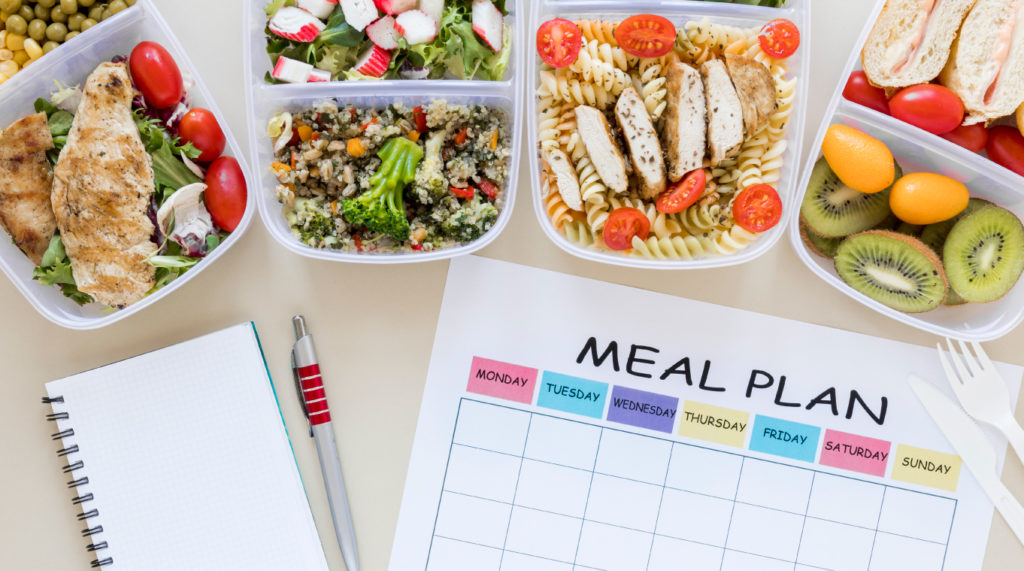Simple Diet Plan For Weight Loss

Calculating your daily calorie goal is essential for losing weight. Using an online calculator or speaking to a healthcare professional can help you find the right calorie intake for you. That way, you can take necessary steps to reach your weight loss goals.
Concentrate on incorporating whole, unprocessed foods in your diet. Opt for nutrient-dense foods that are not processed much. Incorporate fruits, veggies, lean proteins, whole grains and healthy fats in your meals to lead a healthier lifestyle.
Eating the correct portion size is very important to maintain a healthy lifestyle. You should always be mindful of how much your consume and stop eating when full. A great way to aid in this process would be to use smaller plates & bowls so that you don't overfill them. Additionally, it's also important to listen to your body's hunger and fullness cues as they can tell you when you need food or have had enough.
Hydration: Drink plenty of water throughout the day to stay hydrated and help control your appetite. Avoid sugary beverages and opt for water, herbal tea, or infused water instead.
To maintain a healthy lifestyle, it's important to opt for nutrient-rich meals that include a balance of proteins, carbohydrates, and healthy fats. This ensures that you feel full for longer periods and boosts your energy levels throughout the day.
Eating balanced meals is a great way to ensure you have sustained energy levels throughout the day. Look for meals that include protein, carbohydrates & healthy fats. This is the perfect concoction to make you feel nourished and satisfied.
Make sure to incorporate lean protein sources like chicken, fish, tofu, beans & legumes into your meals. Protein will help you feel full and also aid in maintaining muscle mass.
Incorporating high-fiber foods into your diet is essential for optimal health. Options such as fruits, vegetables, whole grains, and legumes contain valuable fiber that can help with digestion, keep you fuller for longer periods of time and aid in overall wellbeing.
Reducing or eliminating foods and beverages with a higher sugar content is paramount. This includes sodas, candy, pastries & sugary cereals. White bread, white rice & pasta are also examples of refined carbs that should be limited as much as possible.
Eating healthy snacks is a great way to stave off cravings between meals. Fresh fruits, vegetables with hummus, Greek yogurt, nuts & seeds are all nutritious options that can keep you feeling full and satisfied.
Being mindful of your eating habits can be beneficial in many ways. It can help you to slow down & savor each bite, appreciate the flavor more, recognize when you're full and prevent overindulging. With this practice, you'll learn to truly enjoy the food you eat.
Exercise is a key component of any successful weight loss program. To make sure you get the best results, be sure to incorporate physical activities that you find enjoyable such as walking, jogging, cycling, or strength training. Regular physical activity combined with a healthy diet plan can help maximize weight loss and improve your overall health.
Making a meal plan and prepping your food in advance can help you maintain control over the ingredients and portion sizes. This way, you can ensure that each meal is as healthy as possible.
Before you venture into any diet or weight-loss program, it's critical to get proper guidance from a certified medical professional or registered nutritionist. They can provide advice and customize the plan for your individual health conditions & requirements.







